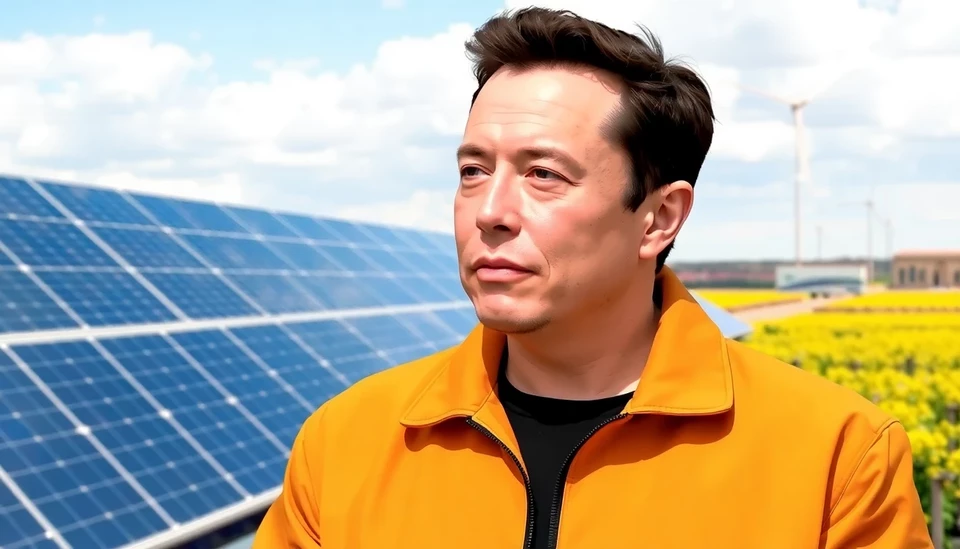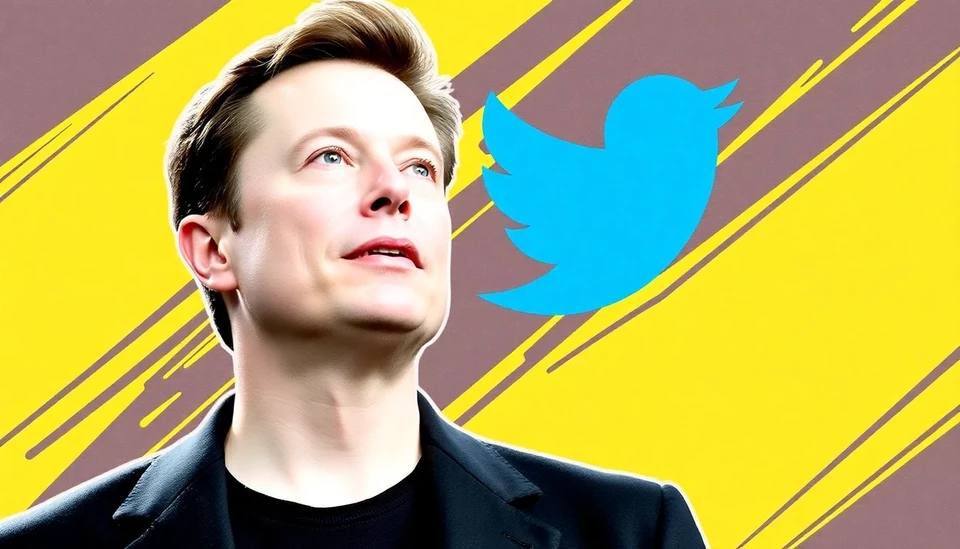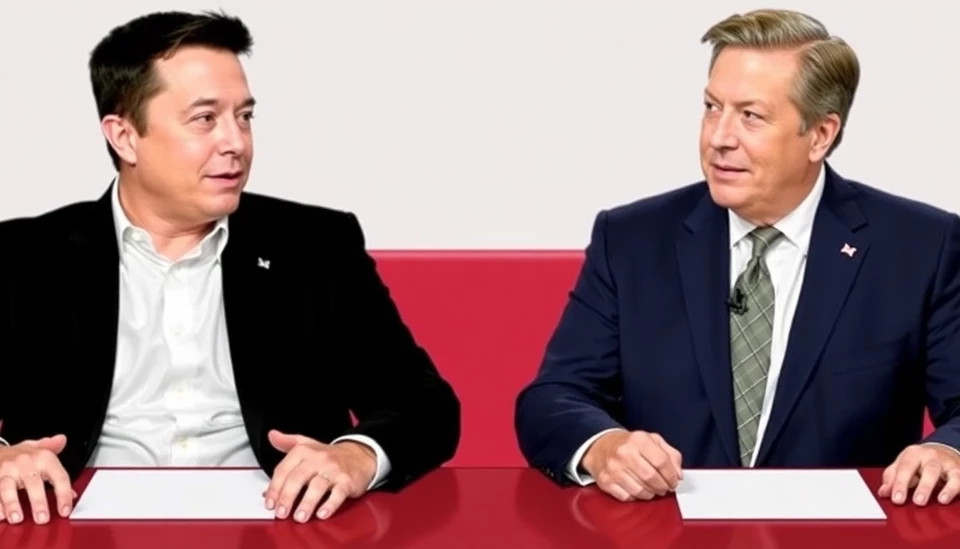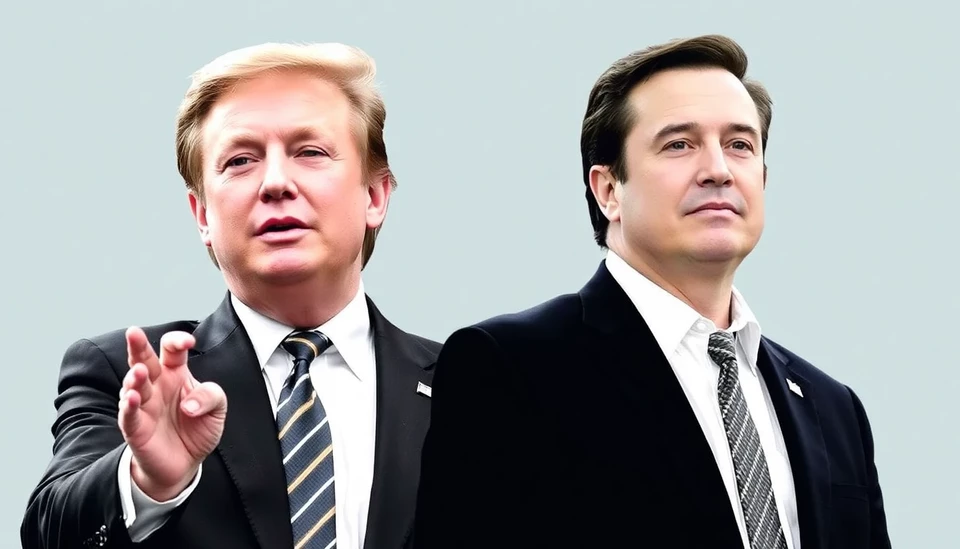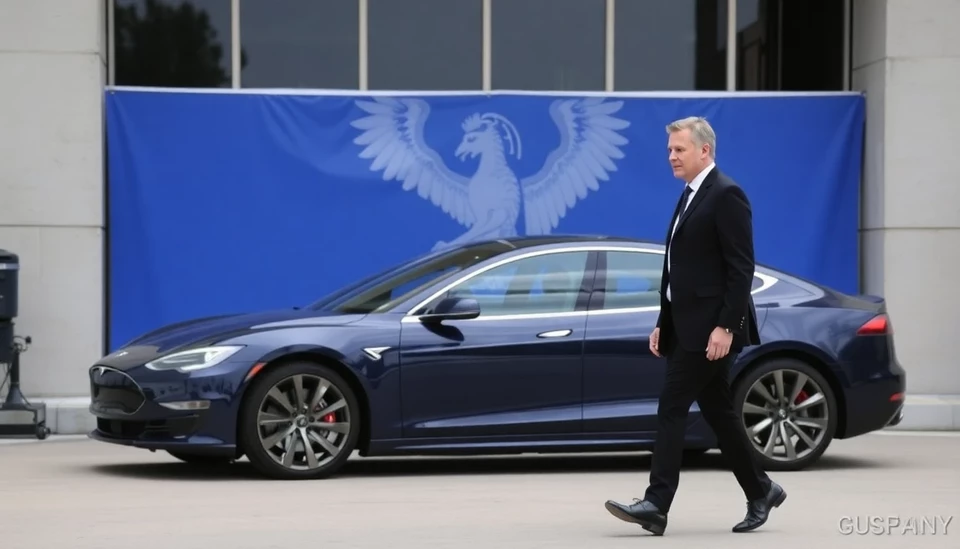
In a recent landmark decision, a Delaware judge has denied a substantial payout to billionaire entrepreneur Elon Musk, igniting a firestorm of reactions from various quarters. The case revolved around Musk’s compensation package from Tesla, which was set to reward him significantly based on the electric vehicle manufacturer's soaring stock price and performance metrics.
According to the judge’s ruling, the $55 billion compensation plan was deemed invalid, as it allegedly did not meet the legal standards for executive pay packages established under Delaware law. The judge argued that the agreement was excessively beneficial to Musk and lacked proper justification regarding the company's performance and shareholder value. This ruling has provided a critical test case regarding corporate governance and executive compensation.
In response to the judge's decision, a growing number of Musk's supporters, including investors and some corporate governance advocates, have voiced their displeasure. They claim that the ruling undermines the integrity of corporate leadership and may deter savvy executives from pursuing ambitious growth plans due to fear of legal repercussions concerning their pay structures.
The ruling has also prompted commentary from legal experts, who have long debated the limitations and protections provided to corporate leaders within the framework of Delaware’s business laws. Some argue that overly restrictive measures could hinder the competitive landscape, particularly for innovative sectors like technology and electric vehicles.
Critics of the judge's ruling have emphasized the importance of aligning executive compensation with company performance, a practice they argue motivates leaders to drive company growth and shareholder returns. Proponents of Musk's pay package cite Tesla's meteoric rise in stock value as justification for the compensation amount, suggesting that Musk's leadership has undeniably contributed to the company's success.
This mounting backlash against the judge reflects broader tensions in the world of corporate governance, especially in an era where the lines between corporate performance and executive compensation are increasingly scrutinized. Following the decision, several high-profile figures, including industry experts and corporate leaders, have stepped forward to defend the notion that success should be commensurately rewarded.
As the debate continues, it raises significant questions regarding the future of executive compensation within publicly traded companies, and how now-malleable judicial interpretations may shape these lucrative pay packages moving forward. Those advocating for extreme financial rewards for innovation must consider the legal implications as much as the economic ones.
#ElonMusk #Tesla #CorporateGovernance #ExecutiveCompensation #DelawareJudiciary #BusinessLaw #ShareholderValue
Author: Samuel Brooks

